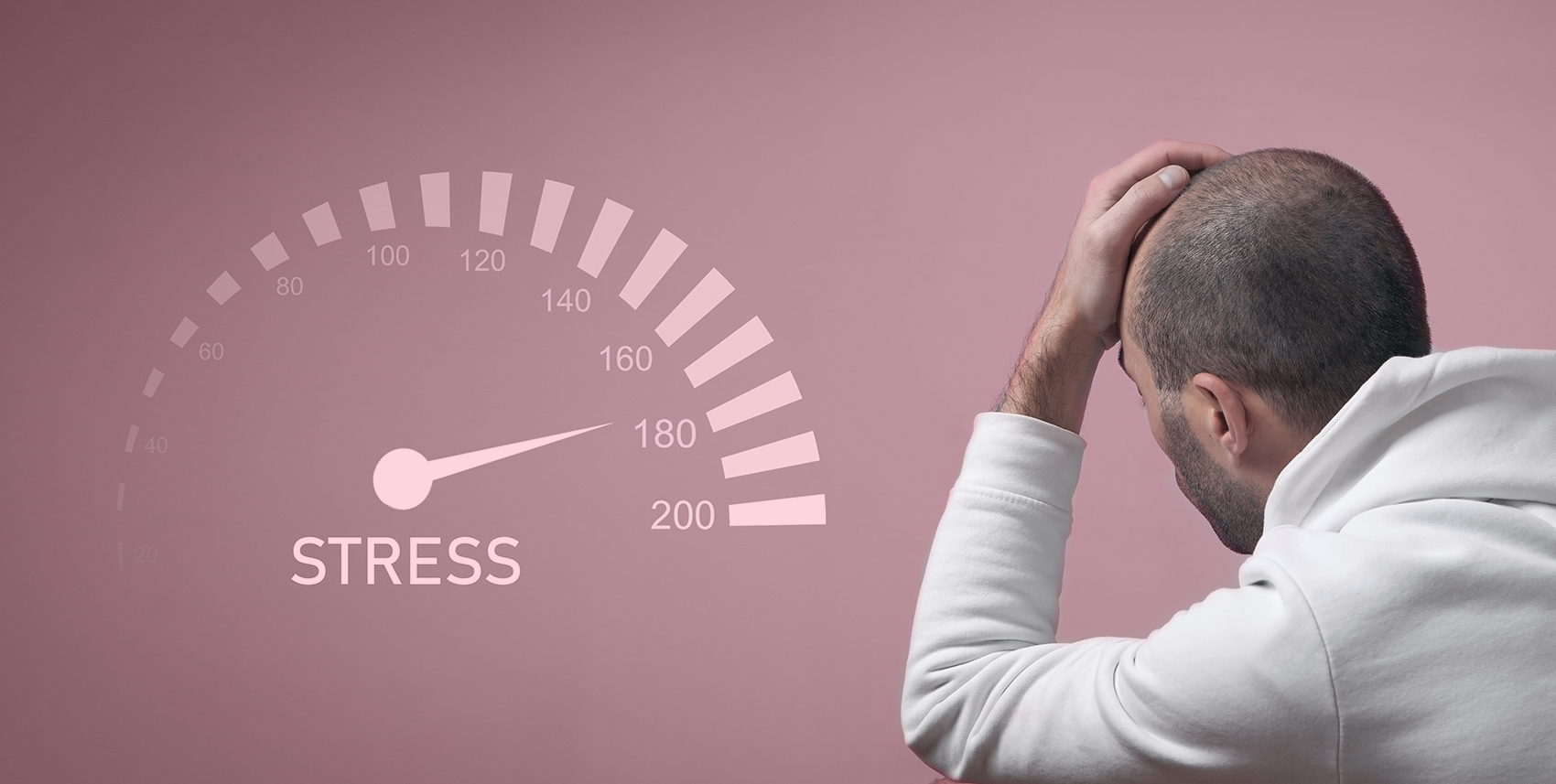
Stress is our body’s natural reaction to situations that put us under pressure. Pressure can be a good thing that can help us to meet the demands of everyday life, however, too much pressure over time can result in stress. Too much stress can impact on our physical and mental health.
Stress can be caused by a variety of things and we can feel stress from many different aspects of our lives such as work, school, illness, relationships or life events.
Some common causes of stress include:
Being under a lot of pressure
Big life changes such as a change in job or moving house
Difficulties in our personal lives or relationships
Money difficulties such as debt
Health issues or caring for someone with health issues
Children
Loneliness
It is important to remember that everyone deals with stress differently and everyone is comfortable with different levels of stress.
Stress is a natural body response but when it is prolonged it can take a toll on your health. Chronic stress can cause a number of health effects. Some symptoms include:
Headaches
Chest pains
High blood pressure
Feeling tired all the time/insomnia
Blurred sight or sore eyes
Chronic stress can also be a factor in behaviours like:
overeating
not eating enough
increased alcohol or drug abuse
smoking
becoming socially withdrawn.
If you feel as though you are overwhelmed by stress and you can’t cope then it may become a problem. Stress can affect our mood, work, relationships and self-esteem so it is important to get help when we feel we can no longer deal with it alone.
Signs:
You might feel irate, wound up and impatient
Anxious, nervous or afraid
Racing thoughts that you can’t stop
Depressed
Like you’ve lost you sense of humour
Sense of dread
Worried about your health
Lonely
You find it hard to make decisions
Picking your skin, biting your nails
Eating too much or too little
Being tearful or crying
Turning to unhealthy coping strategies like smoking, over eating, under eating, drinking alcohol
Recognising you are stressed and having the tools to manage the challenges we face can help us deal with stress are very important.
Start by identifying the causes of stress. Knowing what causes stress can help you find ways to reduce, control and manage it better.
Review your commitments and make changes where possible, such as not taking on too much at work.
Supportive relationships are key to helping to manage stress. Talking to friends or family about how you are feeling can help to ease the feeling of being overwhelmed.
Eating a healthy, balanced diet can help to improve mood and the feeling of wellbeing.
Cut down on smoking and drinking alcohol, especially if you use these as a coping mechanism. While you might think they help at the time, in the long run they can cause health problems and increase feelings of stress.
Exercise. Physical activity increases the production of endorphins that naturally boost our mood and help reduce feelings of stress.
Taking time out to relax. Find an activity you enjoy e.g. reading, drawing, crafting etc. and make time to do this regularly. Or simply do nothing – unplug from your devices and take time out.
Sleep problems are very common when stressed, so limiting screen time and caffeine can be useful to improve sleep patterns.
